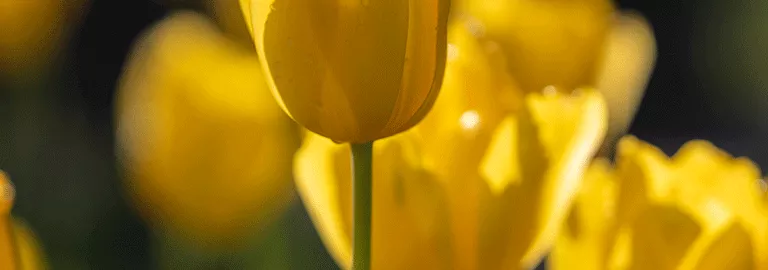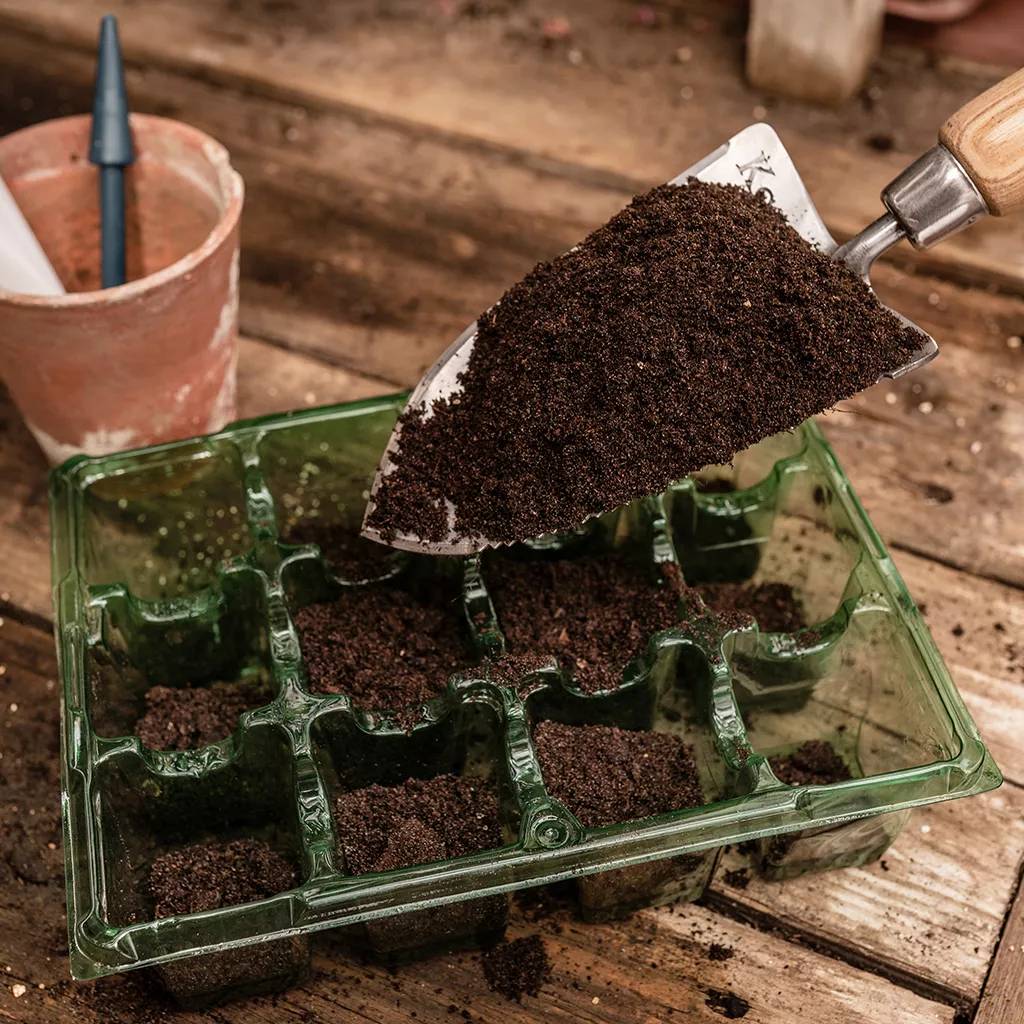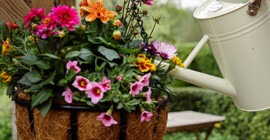April is often described as the most beautiful month of the year with bulbs, shrubs and alpines all bursting into bloom. These plants bring fantastic colour and scent to the garden. There is a variable weather pattern of sunshine and showers in April which is great for the flowers. April is a busy month for the garden but as the day’s length is longer, then there is plenty of time to enjoy your garden, see our April gardening jobs.
April Gardening Jobs Essential Checklist
- Prune spring-flowering shrubs
- Plant hanging baskets
- Weed borders
- Plant out sweet peas
- Sow a variety of seeds
- Regularly mow and feed your lawn
- Aerate your lawn
- Take cuttings of tender plants
- Plant main crop potatoes
- Feed blackcurrants, gooseberries, and other cane fruit such as blackberries and raspberries.
- Tidy up strawberry beds
Prune spring-flowering shrubs
Shrubs such as Winter Jasmine, Forsythia, and Chaenomeles will finish flowering in April. Once their display begins to fade, prune these shrubs by cutting a third of the growth away and then feed. Lavenders and other grey-leaved shrubs flourish in poor, well-drained soils and do not need feeding. They benefit from a light trim, cutting about 5cm of growth, to stop them getting leggy and woody.
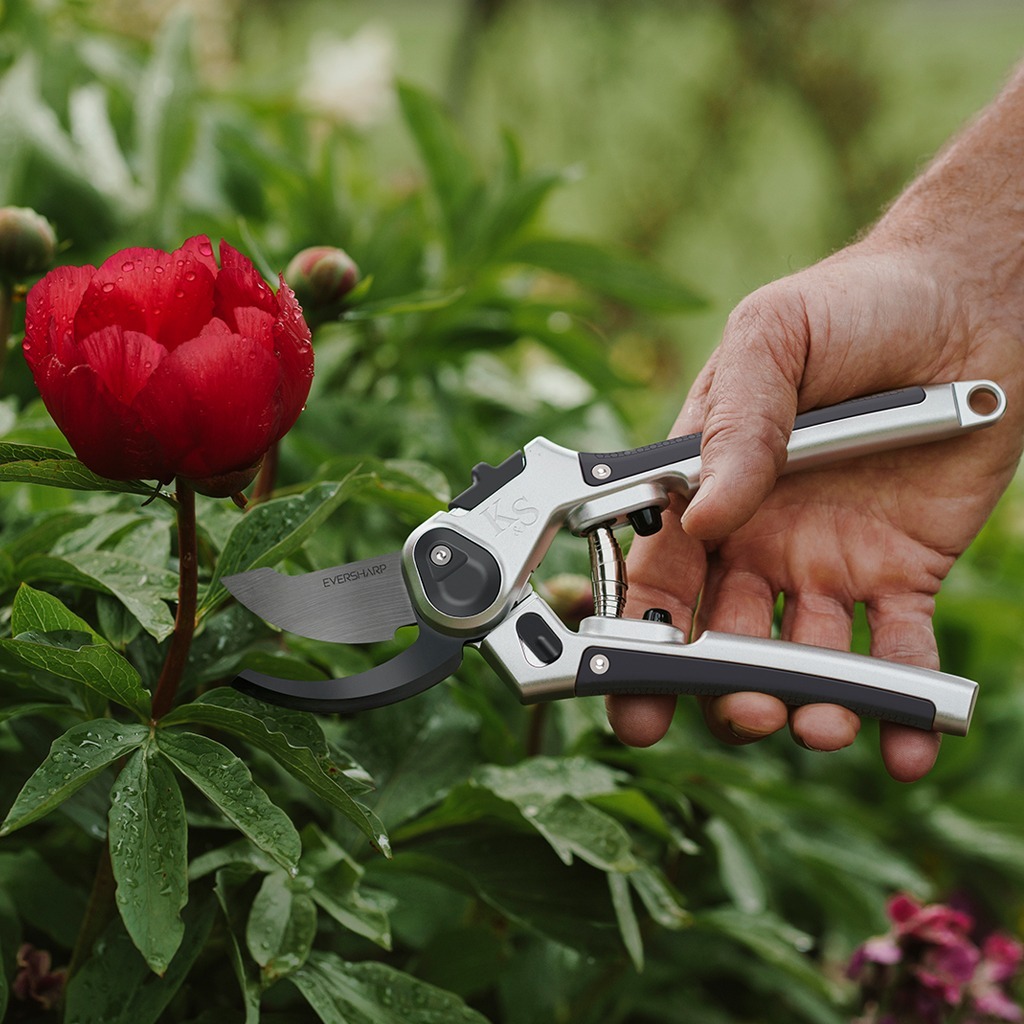
Plant hanging baskets
For beautiful displays in the summer, plant hanging baskets now and grow them in a greenhouse. Fill your baskets with Westland Boost All Purpose Compost and add Boost All Purpose Multi-Action Granules, to give your plants the best start, with six months’ worth of feed, for stronger roots and greener foliage.
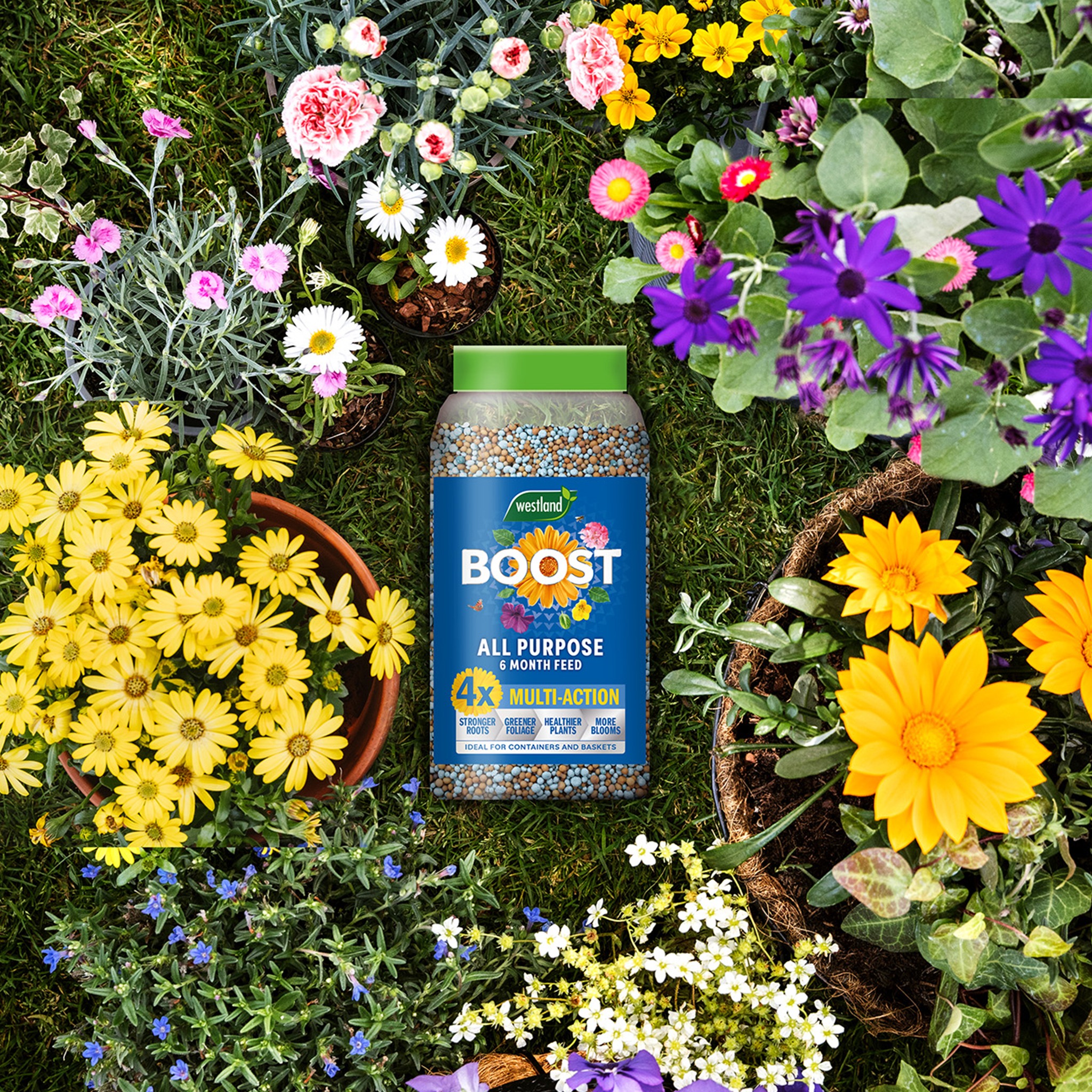
Top Tip: To reduce summer watering, add a deep plastic saucer to the bottom of the basket, to act as a reservoir.
Weed borders
At this time of the year, weeds can multiply quickly so it is best to remove them when they are small. Weeding is a great way of getting to know your garden. An Oscillating Hoe is a great way to weed below the soil surface by a simple push and pull motion. This then will dislodge weeds by the root quickly and effectively.
Another option is using a weedkiller like Resolva Xtra Fast Weedkiller which targets weeds within 3 hours, so your outdoor space will look tidy and fresh again in no time.
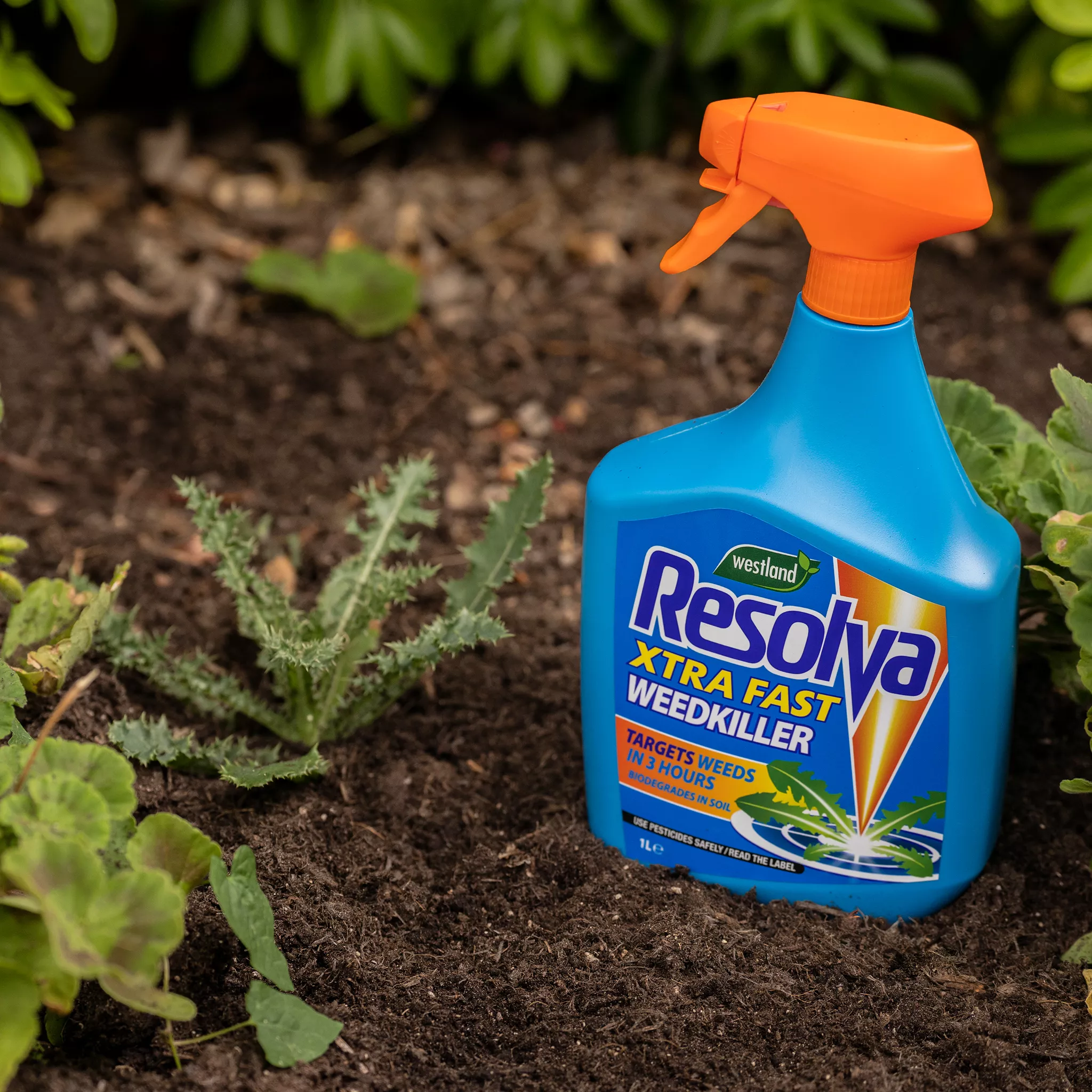
After weeding, mulch the borders with homemade compost. It is best to apply mulch over moist soil, ideally after it has rained. The mulch helps to trap the spring moisture in the ground. For shrubs such as camellias, rhododendrons, and azaleas, their flowers can be affected by how much water they received the year before so mulching is important.
Plant out sweet peas
Plant out sweet peas that were sown in autumn and make sure they have a support structure to climb up.
- Dig a trench about 15cm deep, pop in some farmyard manure and place your sweet pea seedlings in – about three per plant support.
- Backfill the trench, firm them in, and water well.
- Sweet Peas are very hungry plants so make sure you feed them regularly with a All Purpose Plant Food such as Boost.
- As they grow, be sure to tie them to the support structure.
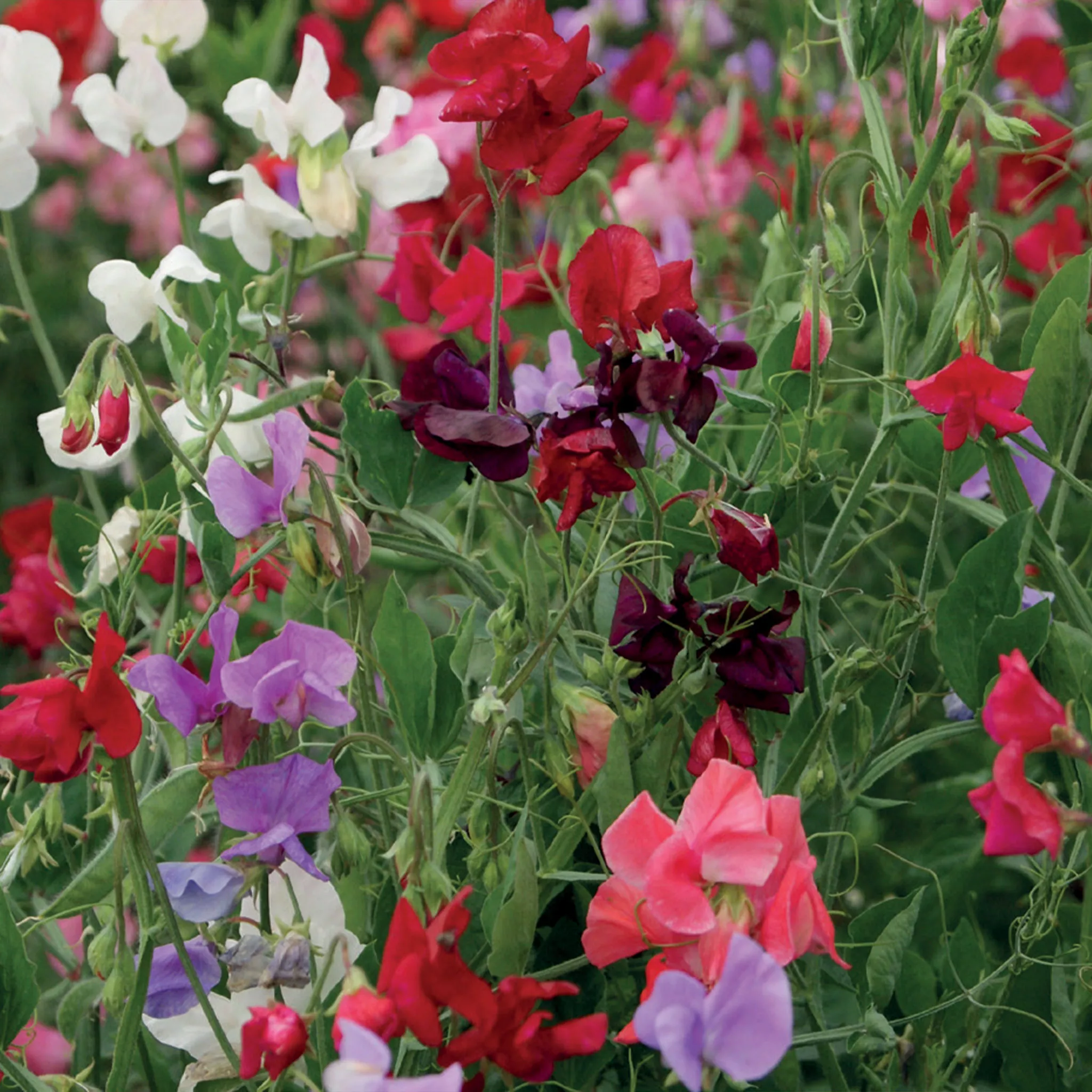
Sowing seeds
Spring is the perfect time for sowing a variety of seeds, for a flourish of beautiful flowers and tasty veg, later in the year. Sow plants that need extra warmth on a windowsill, or greenhouse, and direct sow hardier plants outside.
Runner beans, courgettes, and sweetcorn are a few examples of vegetables, which can now be sown in pots in a greenhouse. This gives them a head start for when it is warm enough to plant them out towards the end of the month.
Brassicas such as Brussels sprouts, broccoli, cabbage, and cauliflower can now be sown outside in a prepared seed bed. It’s best to sow the seeds very sparingly so that you don’t have to do as much thinning. If you started the seeds off indoors then you can also plant them out now. Be careful not to damage the roots when transplanting. Space the plants 30cm apart to give the plants plenty of growing room.
Tender herbs such as basil and coriander can also be sown now. The young parsley plants that were sown earlier can now be planted out. Remember to cover with mesh to protect from carrot root fly, and protect from any late frosts.
Tomatoes
You can sow tomato seeds through to the end of April. Keep young plants protected from the cold. Tomatoes grow quite quickly, so will need potting-on several times. Once the last frost has passed (hopefully by now) you can plant them out in Big Tom Tomato Planters.
Once the first flowers form, feed with Big Tom Super Tomato Food, which is packed with the essential nutrients your tomatoes need to thrive!
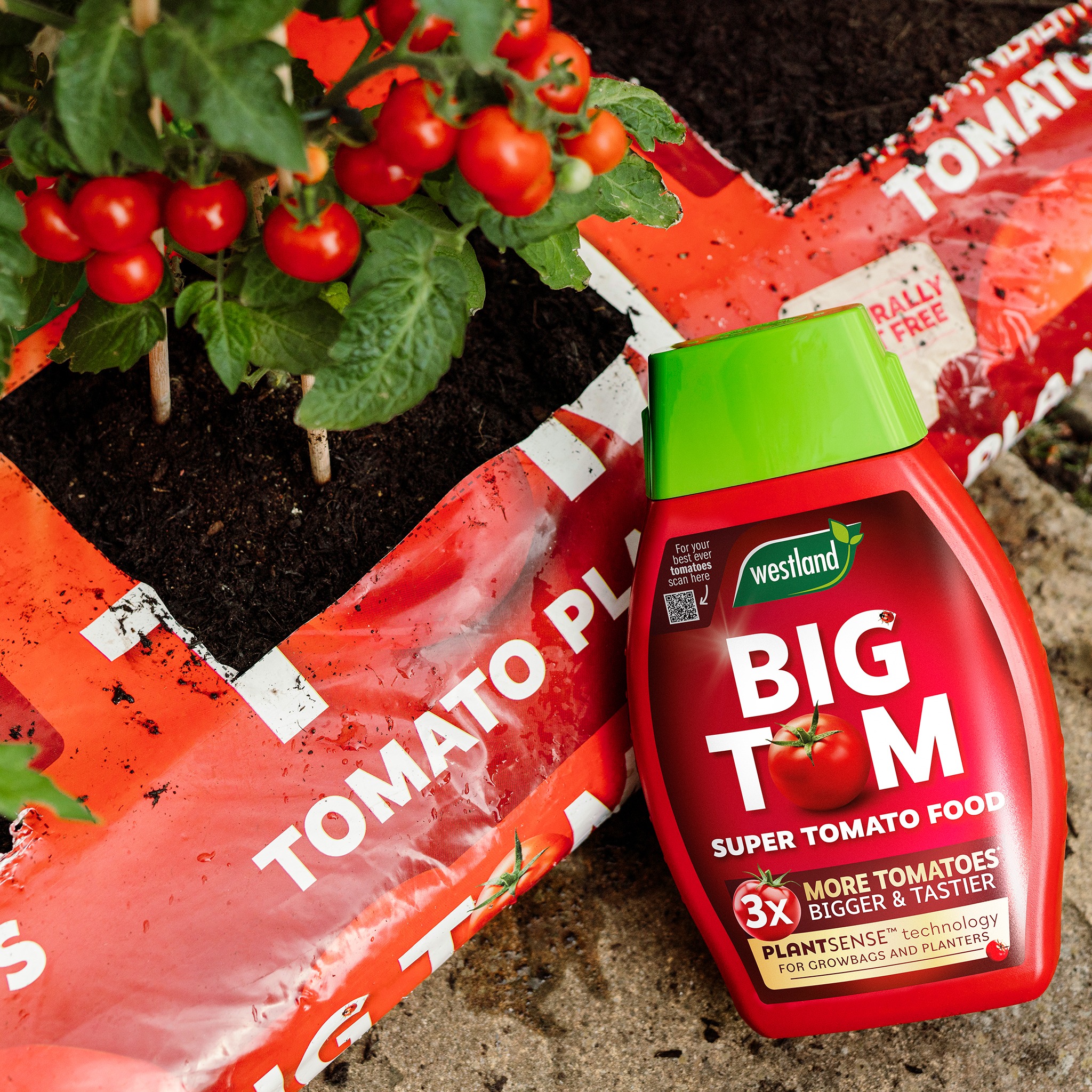
Lawn Care
Spring is a great time to aerate your lawn as the soil is moist and the grass is actively growing. Aeration is important if your lawn is used a lot by children, pets, or footsteps that lead to soil compaction. If your lawn gets soggy and suffers from puddles, aeration will help. If your lawn has an excess of thatch, aerating can assist by removing some of the dead material that blocks airflow, drainage, and nutrients from reaching the grass roots. This process stimulates root growth leading to a healthier lawn.
A Lawn Aerator has 4 hollow tines that remove cores from the earth by pressing into the ground using the footplate. The tines are conically shaped for easy penetration into the soil and create spaces for air, water, and nutrients to directly access the grass roots. The holes created reach the lower levels of soil to improve drainage.
Grass will really start to grow this month and therefore will need a lot of care. This includes regular mowing and feeding. For a natural, child and pet friendly lawn feed, we recommend using SafeLawn which will green your lawn and prevent weeds and moss.
April is also a good time to tackle moss on the lawn. Aftercut All In One Lawn Feed, Weed & Moss Killer is a great product to kill off the moss. Read our guide on how to get rid of moss in your lawn for more information on this.

Take cuttings of tender plants
Cuttings can be taken from plants such as fuchsias, pelargoniums, salvias, diascias, and other tender plants. The cuttings should be about 8cm (3 inches) long, taken from the stem tips. Strip off the lower leaves, dip into hormone rooting powder, and place the cuttings into Westland Seed & Cutting Compost. Water gently and keep in a propagator or cover with a polythene bag. The cuttings should root in about two weeks when they can be carefully removed and potted up into fresh compost.

